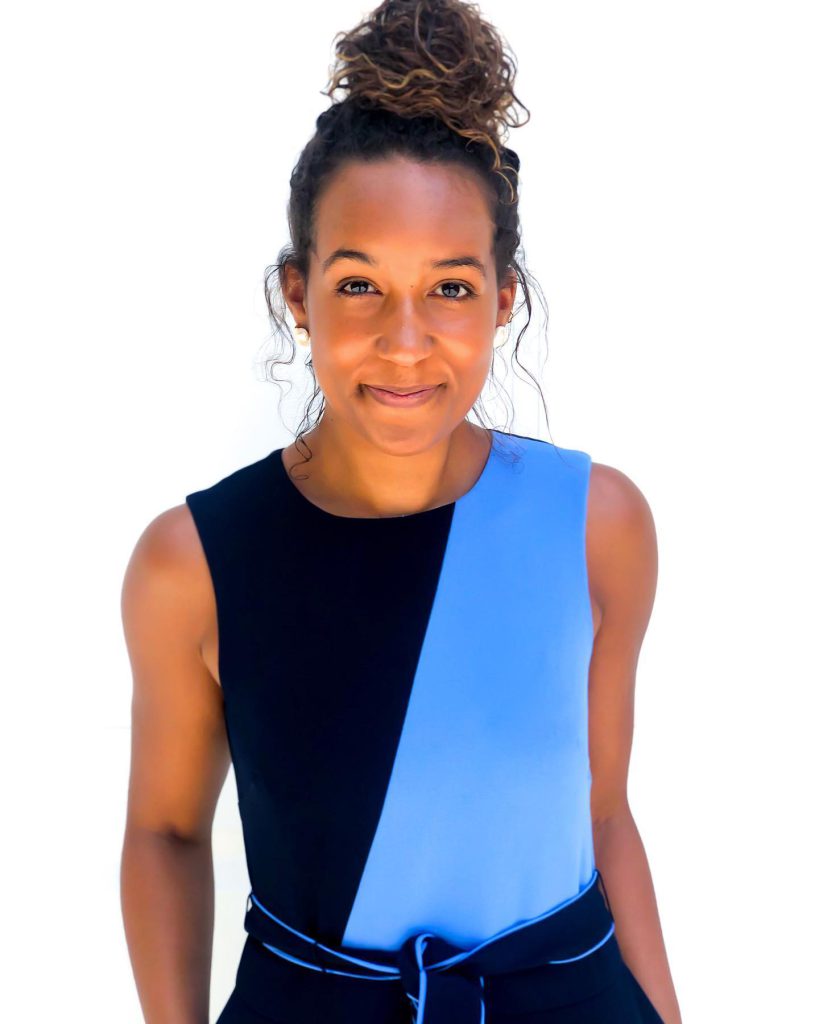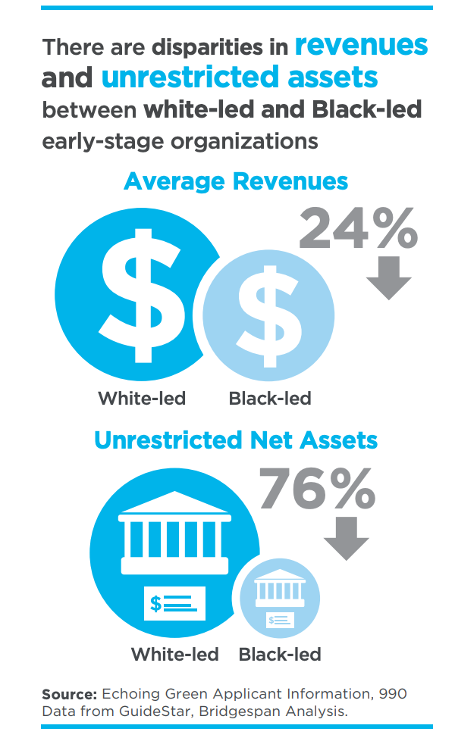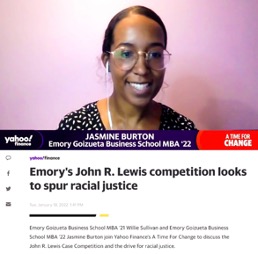SOCAP 2021 Reflection

As a serial social entrepreneur operating primarily in the Sanitation Economy, I have had the distinct pleasure of attending SOCAP for 5 consecutive years in various capacities – as a speaker, moderator, accelerator manager, and sanitation entrepreneur. While all these professional identities are critical pieces of my professional story, I loved having the opportunity to attend the 2021 virtual SOCAP event with one main objective: to learn.
Sponsored by the Business & Society Institute as a Social Enterprise MBA Fellow, I attended this year’s event strictly in the educational capacity and it was such a catalytic experience. I attended sessions related to driving impact towards the United Nation’s Sustainable Development Goals, Community Development Financial Institutions, Investing in Equity, and Innovative DEI Investment Opportunities.
Specifically, I was deeply struck by Echoing Green and The Bridgespan Group‘s incredible and important research—Racial Equity and Philanthropy—that was discussed in a panel session entitled “Advancing Equity through Social Innovation.”

As noted in Stanford Social Innovation Review – “Racial bias—both personal and institutional, conscious and unconscious—creeps into all parts of the philanthropic and grantmaking process. The result is that nonprofit organizations led by people of color receive less money than those led by whites, and philanthropy ends up reinforcing the very social ills it says it is trying to overcome.”
The report goes on to highlight that Black-led early-stage organizations earn 24 percent less revenues on average and have access to 76 percent less unrestricted net assets (which is a proxy for trust) than their white-led counterparts.
As a social impact innovator and founder myself, these statistics were definitely not shocking – but the collation of this research and these insights was powerful; the clear sense of urgency around fixing the way capital flows in the impact economy was palpable.
To make sustained impact on the world’s most pressing issues—from sanitation to racial justice—we need to amplify, support, and enable diverse founders, leaders and employees to have access to capital.
Jasmine Burton 22MBA

Goizueta MBA students now have the opportunity to specifically delve into these issues both within the impact ecosystem and beyond with the newly launched and growing DEI concentration to help shape the future of business, as well as meaningfully engaging in powerful courses such as the Peachtree Minority Venture Fund and co-curricular opportunities such as the John R. Lewis Racial Justice Case Competition.
This session and 2021 SOCAP at large were a clear reminder of just how much work is needed to continue moving the needle of change as sustainably and equitably as possible.
The speakers underscored not only the possibility of, but also the need to use business and capital markets as a force for good. They made the case for why more MBAs should plant their careers, or at least a portion of their working time, in the ESG sector to help craft, iterate, drive, and scale triple bottom line impact related to people, the planet, and profits.
Jasmine Burton 22MBA
As it says in the “Racial Equity and Philanthropy” report, we as a society need to “get proximate, get reflective, and get accountable.”
I am immensely grateful for the time, space, and community within the institute that have supported me in learning, reflecting, and growing, through convenings like SOCAP to continue intentionally blossoming as a social entrepreneur who is operating at the intersection of innovation and inclusion.
